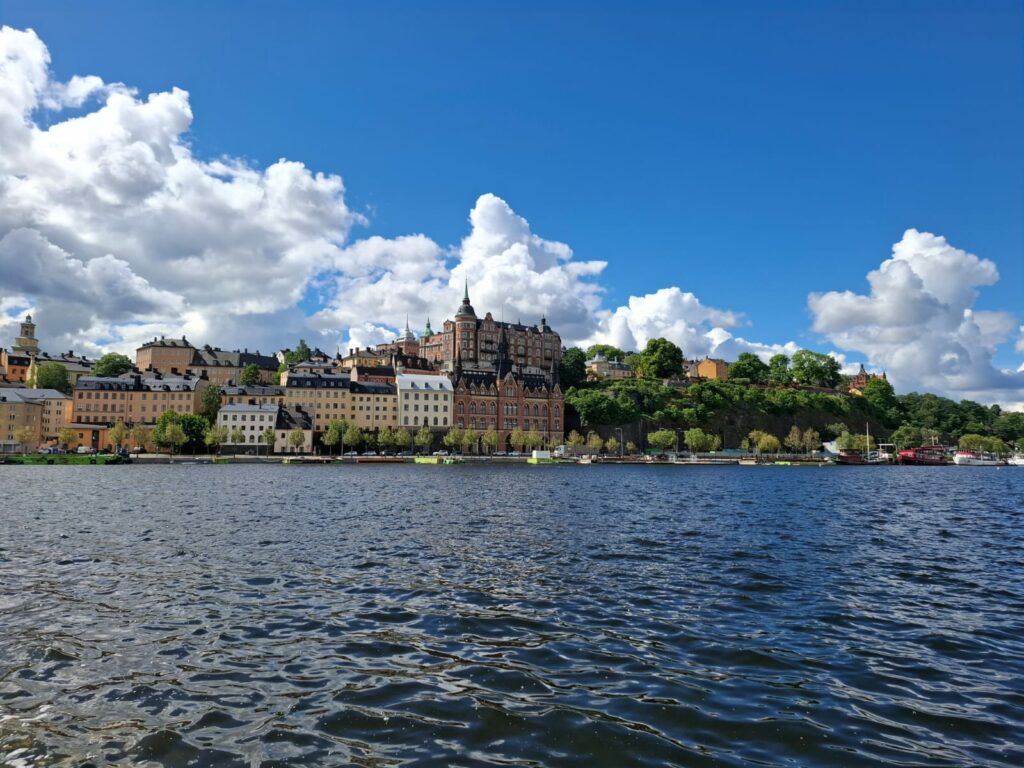We are thrilled to announce the eight International APH PhD Conference: The Mobility of Politics, The Politics of Mobility. 7-9 June, 2023. Padua, Italy.
In recent years, a lively interdisciplinary dialogue has developed between the so-called mobility studies and the humanities, broadly involving historiography as well. Over the past five years, the Padua department hosting this conference has developed a project exploring the “mobility paradigm” from a variety of humanistic perspectives. The project culminated in the creation of a Centre for Advanced Studies in Mobility and the Humanities (Mohu) and a digital humanities laboratory (MobiLab).
Many lines of enquiry in political history open up if we focus on how mobility and circulation have affected political experiences over the last two hundred years in different areas: from the circulation of political ideas and texts to migration policies; from the transnational exchange of political practices and activism, to the proliferation of political institutions and ideologies.
We are seeking abstracts from graduate students that tackle these topics as imaginatively and broadly as possible. Takes on the topic include, but are by no means restricted to:
Mobility of politics
How did the circulation of ideas and practices contribute to the formation of political movements, cultures, ideologies and institutions?
How did the dissemination, translation and manipulation of texts contribute to the construction and transformation of the political sphere?
Politics of mobility
In which ways did politics directed, managed, impeded or transformed the mobility of women, men, ideas and goods?
Programme
The Association for Political History has been created in September 2014 for promoting Political History, broadly defined as the history of institutions, parties, public policies as well as the history of ideas, political cultures, identities, behaviours, passions or emotions. APH welcomes historians working from different perspectives, including the most recent and innovative ones. One of the main goals of APH is to strengthen international cooperation in the field of education and research, thus promoting the quality of research. Furthermore APH provide high-quality training opportunities for PhD candidates and advanced masters students in Political History.
The next international PhD conference of APH will take place at the University of Padua, Italy, from Wednesday, 7th June to Friday, 9th June, 2023. APH invites PhD students from participating, but also from other institutions to apply and present their dissertations to their peers and to senior scholars from member universities, as well as to external commentators and keynote speakers.
In addition to the panel meetings, where PhD students will be able to introduce their papers, discussing them with a senior researcher and another PhD student, several events will also take place: two keynote presentations and a final round table. The full programme of events will be available soon.
The conference welcomes proposals for papers approaching the relationship between mobility and political history from a variety of perspectives. Welcome approaches include, to name just a few: institutional, conceptual, social, cultural, gender, anthropological, transnational and comparative. The main historical periods dealt with are expected to be the 18th, 19th, 20th and 21st centuries, with no geographical limitations.
Application
The deadline for applications, to include a 250–400 words abstract, University affiliation and a statement explaining how the paper relates to the PhD project, is 10th of March 2023. Applications must be sent by e-mail to aphconference2023@gmail.com. Acceptance will be confirmed by the 20th of March.
Following acceptance, a paper not exceeding 5,000 words must be submitted to the conference organisers by the 25th of May 2023 at the latest. The papers will be made available to the other participants by publishing them on a private website over the following week. Participants are kindly requested to add a brief introduction to their papers for those who may be unfamiliar with the period, country, organisation or topic of study. Oral presentations of papers during the conference must not exceed 15 minutes, with the remainder of the time devoted to comments and general discussion.
Costs
Participating institutions need to cover their doctoral students’ travel and accommodation costs, but we expect to provide all meals and a social programme. APH could also provide some scholarships to cover travel costs. There will be no registration fees.
Organising committee
Giulia Albanese, Enrico Francia, Federico Mazzini, Matteo Millan, Carlotta Sorba

